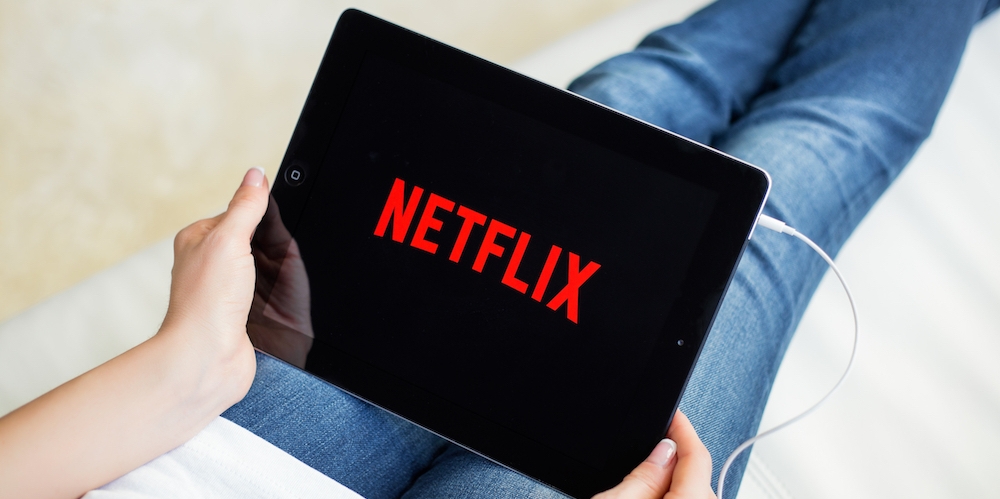Has Netflix changed the Way We Read?
Is streaming TV responsible for young adults reading less?
Over recent years, Netflix has become a part of our popular culture. Nowadays you really can't go anywhere without friends and colleagues mentioning the Strangers Things or The Crown. The introduction of Netflix and other streaming services like Amazon Video and Hulu (an exclusive American service) has changed the nature in which we watch television and film – that much is unmistakable.
But in an era where binge-watching and not having our TV watching-time interrupted by adverts is seen as routine, a question that is rarely ever asked is, has Netflix spearheaded a change in how we act in other areas of our lives? Is it fair to say that Netflix has changed the way we read, or is it partly responsible for reading becoming a less preferred pastime among young adults?
“In today’s society being away from a computer screen is harder than it sounds.”
With so many novels getting television adaptations, like Jay Asher's 13 Reasons Why which was recently turned into a Netflix series executive produced by Selena Gomez, or Hulu's critically acclaimed The Handmaid's Tale based on Margaret Atwood's novel of the same name -- it wouldn't be surprising that more and more people are asking whether they should read the book ... or just wait for the series to come out.
Like most people, I spend most of my time on the computer, either for university or on social media, so it's funny how watching Netflix is considered relaxing. In today's society being away from a computer screen is harder than it sounds.
“Recent studies indicate that ‘American teenagers are less likely to read “for fun” at seventeen than at thirteen.’”
In 2016, a summary of studies cited by Common Sense Media indicated that 'American teenagers are less likely to read "for fun" at seventeen than at thirteen, which is a little depressing, since it divides reading into duty (for school) and gratification (sitting on a beach towel), as if the two are mutually exclusive.' [1]
But is it streaming TV that has really changed my reading habits? For me, I still read just as much, and not because I'm an English student. In fact, the increasing production of these screen adaptations has introduced me to titles that I don't think I would have been eager to read before, and has allowed me to enjoy some of my childhood favourites, such as A Series of Unfortunate Events.
“If I’m going to read the book, I’m going to read it – the TV version isn’t going to stop that.”
My friends say similar things, like one who said that, "Netflix or any other streaming service hasn't meant that I'm reading less. If I'm going to read the book, I'm going to read it – the TV version isn't going to stop that."
I do believe that with our daily lives being progressively dependent on having an online presence, it is not surprising that 'physical books increased by 4% in the UK last year (2016) while eBook sales shrank by the same amount.' [2]
It is far more likely to glance around a busy train station and see those who are not on their phones with a paperback rather than a Kindle. If anything, reading has become a solace away from the digital, a sort of luxury.
Ultimately, I feel as though Netflix hasn't changed the way we read, but it has instead introduced audiences to book titles which they might not have stumbled across before. For now, I think it is safe to say that the only media that needs to be worried about Netflix and other video streaming services is network television and the traditional modes of watching and producing film – but that could all change in a few years.
Still, what do you do first, read the book ... or watch the series?
By Daniella Ferguson-Djaba
Notes
[1] David Denby, 'Do Teens Read Seriously Anymore?', The New Yorker, 23 February 2016
[2] Zoe Wood, 'Paperback fighter: sales of physical books now outperform digital titles', The Guardian, 17 March 2017



